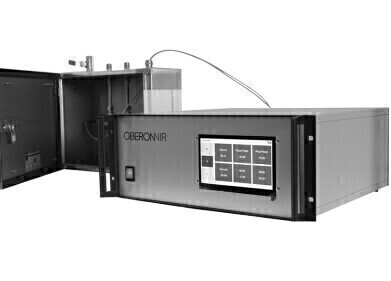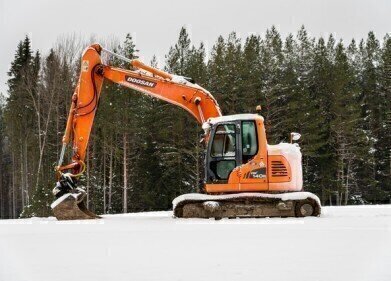Pour point
Huber offer accurate temperature control for Pour Point testing
Apr 20 2011
As temperatures required for carrying out chemistry in research have become lower and lower, Huber created a case study designed to show the performance and control of the Unistat circulation thermostat range at low temperatures. This case study demonstrates how the process temperature inside an Asahi vacuum insulated glass reactor can be comfortably cooled and controlled at -110 °C by using a Unistat 1005w, making it ideal for low temperature testing.
The Unistat 1005w has a temperature range of -120 to +100°C, and cooling power from 1.5kW at -40, 1.4kW at -80 and 1.0kW at -100. The heat transfer fluid used in the case study was Kryothermal S. As the Unistat 1005w has a low internal volume, it requires minimal thermal fluid and as a result is able to react swiftly to temperature requirements transferring energy to where it is needed – the process.
The Unistat 1005w was connected to the Asahi 10 litre triple wall reactor with two 1.5 M30x1.5 meter hoses. The reactor was filled with 10 litres of M90.055.03 silicone oil with a temperature range of -90 to +55 °C. The stirrer speed was set to 200 rpm.
The Unistat was set to process control, meaning that the temperature was monitored from within the process rather than from within the Unistat. The starting temperature was 20°C and setpoint of -110 °C was entered. The results were recorded using the Huber “Spyware” software, which records the temperature of the process and shows in graphic form how the Unistat reacts to control the temperature of the process.
The jacket temperature cools quickly in a linear fashion to -100 °C in approximately 55 minutes (ramp rate of 2 K/min) before slowing and reaching a “Tmin” of -120 °C. The graphic shows how the process temperature follows and reaches -110 °C in 150 minutes and is maintained at -110 °C with the jacket temperature at -115 °C.
To find out more about the Unistats ability to react to temperature changes, see our selection of over 200 case studies at www.huber-online.com
Digital Edition
PIN 25.5 Oct/Nov 2024
November 2024
Analytical Instrumentation - Picturing Viscosity – How Can a Viscometer or a Rheometer Benefit You? - Sustainable Grease Formulations: Evaluating Key Performance Parameters and Testing Method...
View all digital editions
Events
Jan 20 2025 San Diego, CA, USA
Jan 22 2025 Tokyo, Japan
Jan 25 2025 San Diego, CA, USA
SPE Hydraulic Fracturing Technology Conference and Exhibition
Feb 04 2025 The Woodlands, TX, USA
Feb 05 2025 Guangzhou, China
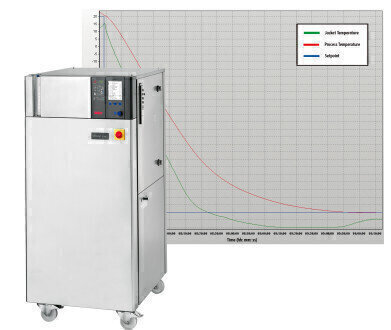
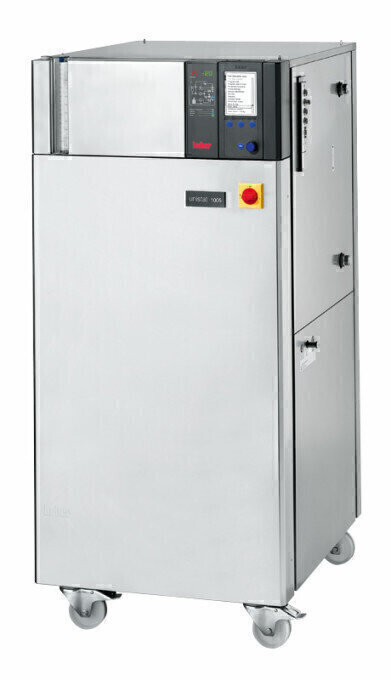
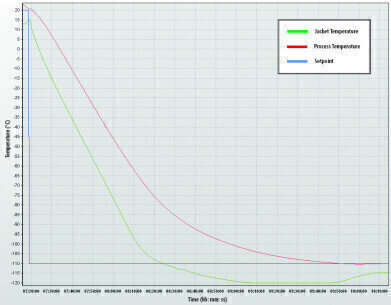
.jpg)

